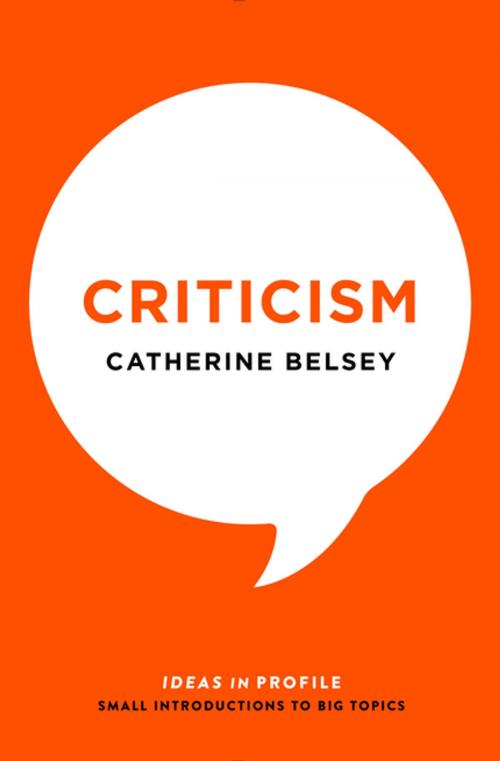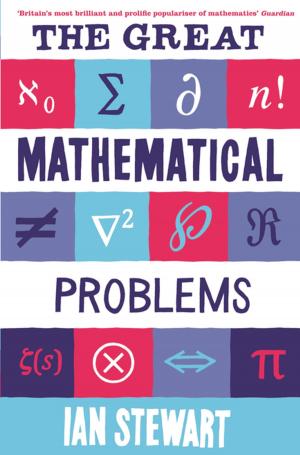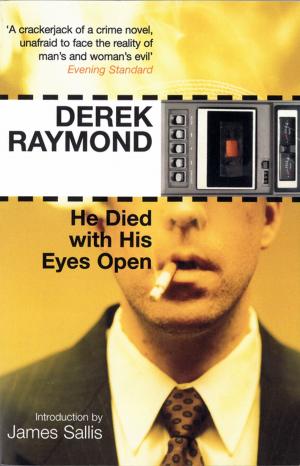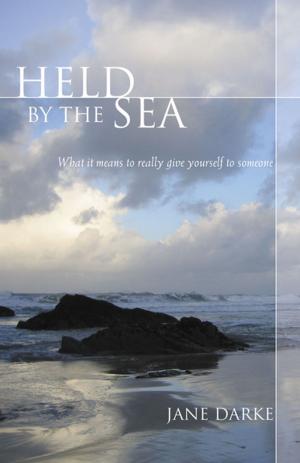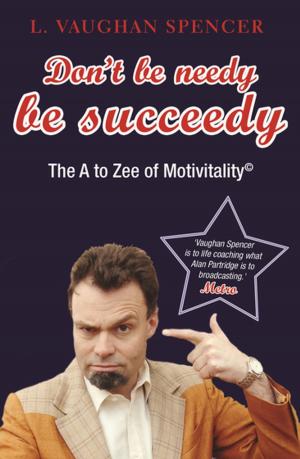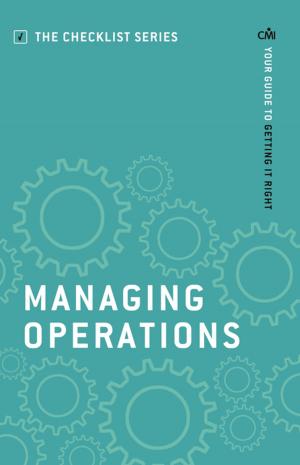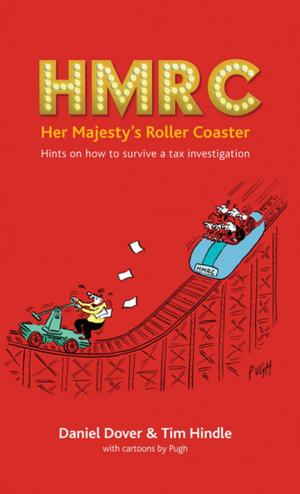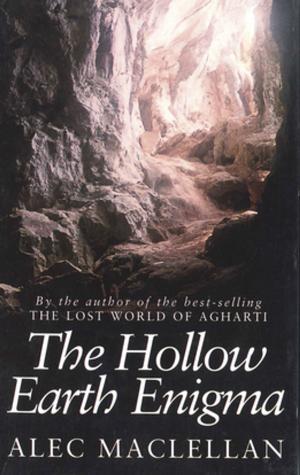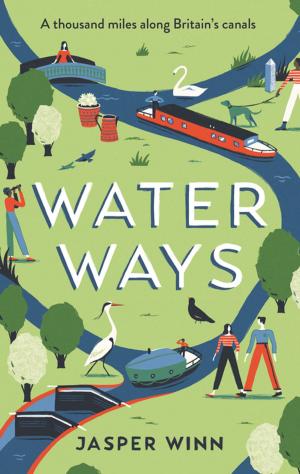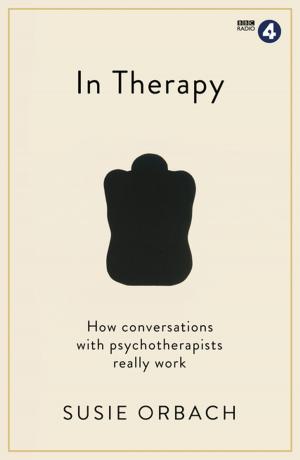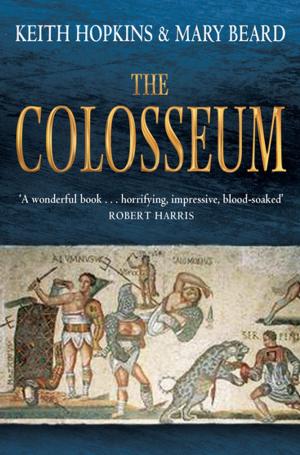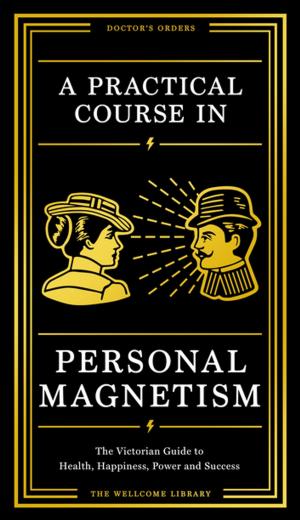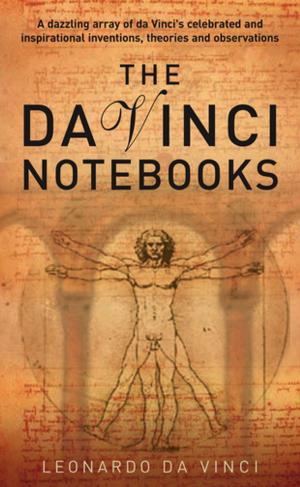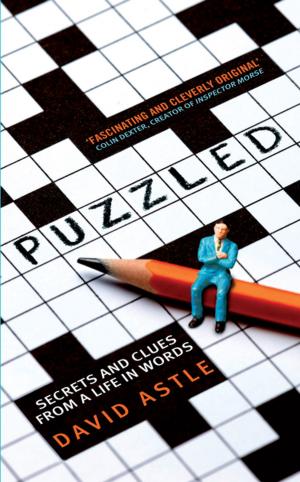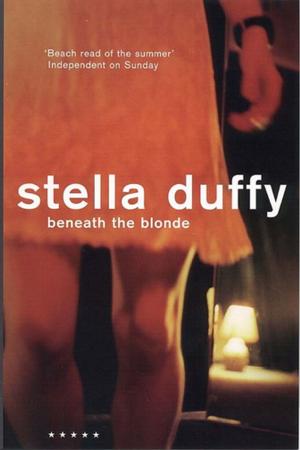| Author: | Catherine Belsey | ISBN: | 9781782831570 |
| Publisher: | Profile | Publication: | September 8, 2016 |
| Imprint: | Profile Books | Language: | English |
| Author: | Catherine Belsey |
| ISBN: | 9781782831570 |
| Publisher: | Profile |
| Publication: | September 8, 2016 |
| Imprint: | Profile Books |
| Language: | English |
Ideas in Profile: Small Introductions to Big Topics
At the heart of criticism lies one question: What do you think of it? Every time we comment on an artefact, whether a poem, a play, a painting, a novel or a piano concerto, we are acting as critics, making our own judgements and interpretations. Among the most fundamental of human intellectual activities, criticism offers a starting point for many of our journeys towards understanding.
Focusing particularly on stories, plays and poems, Criticism traces the central concepts and controversies in criticism, from Plato to Derrida, and from Romanticism to the death of the author. In the process, it reflects on criticism itself, the possibilities and options that confront casual readers, as well as reviewers, members of reading groups, students and teachers of English. How far do we make conscious choices about how and what we read (or view)? What do we conventionally look for in fiction? And what might we look for if we went beyond the conventional?
Ideas in Profile: Small Introductions to Big Topics
At the heart of criticism lies one question: What do you think of it? Every time we comment on an artefact, whether a poem, a play, a painting, a novel or a piano concerto, we are acting as critics, making our own judgements and interpretations. Among the most fundamental of human intellectual activities, criticism offers a starting point for many of our journeys towards understanding.
Focusing particularly on stories, plays and poems, Criticism traces the central concepts and controversies in criticism, from Plato to Derrida, and from Romanticism to the death of the author. In the process, it reflects on criticism itself, the possibilities and options that confront casual readers, as well as reviewers, members of reading groups, students and teachers of English. How far do we make conscious choices about how and what we read (or view)? What do we conventionally look for in fiction? And what might we look for if we went beyond the conventional?
